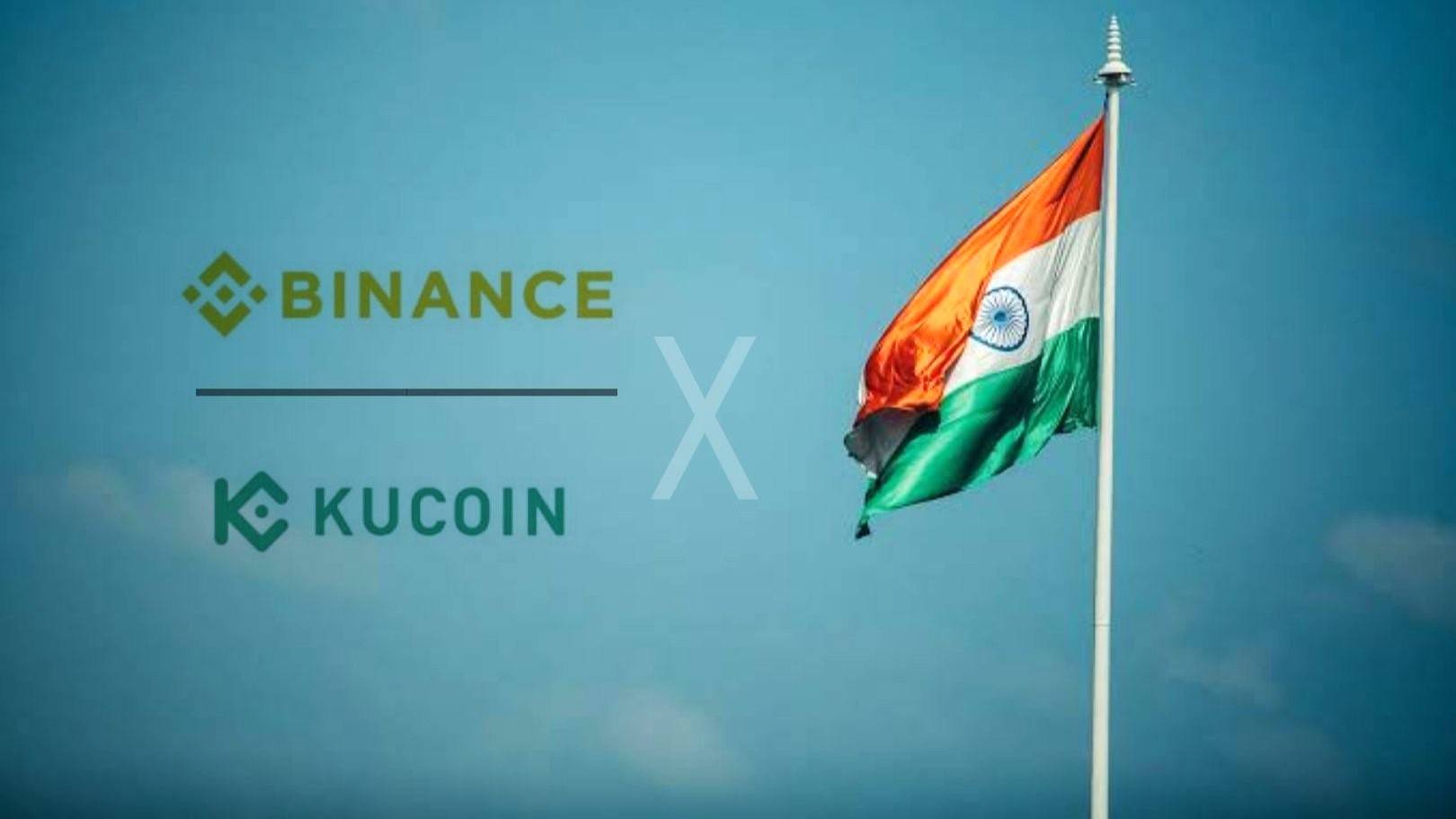Binance and Kucoin
In a significant development in India’s cryptocurrency regulatory landscape, offshore exchanges Binance and Kucoin have received approval from the Financial Intelligence Unit – India (FIU-IND) to operate as Virtual Asset Service Providers (VASPs). This approval signals a noteworthy shift, considering both exchanges were previously banned in the country due to violations of anti-money laundering regulations.
A Closer Look at the Approval Process
FIU-IND Director Vivek Aggarwal confirmed the registration of Binance and Kucoin during a recent press briefing. He highlighted the importance of this development, stating, “We are now having full visibility of transactions that we need, and the suspicious transaction report (STR) submission process will start soon.” This move follows Kucoin’s successful resolution of prior non-compliance issues, which led to the lifting of its website ban and the imposition of a fine.
However, the penalties for Binance are still under evaluation, with regulatory proceedings ongoing. Binance, the world’s largest crypto exchange, was expected to re-enter the Indian market after paying a fine of $2 million, according to earlier reports.
Read more: Apple iPhone 16 Pro: Brighter Display and Colorful Upgrades Revealed
Implications for the Crypto Industry in India
The registration of Binance and Kucoin with FIU-IND marks a significant credibility shift for the crypto industry in India. Vivek Aggarwal emphasized the importance of safeguarding the Indian economy against financial crimes, stating that legitimate businesses contribute to the credibility of the system.
Industry players anticipate that the regulatory gap between registered entities and unregistered offshore exchanges will narrow following these approvals. FIU-IND is expected to review compliance guidelines on anti-money laundering laws for virtual asset service providers, fostering a more robust regulatory framework.
Read:
BINANCE AND KUCOIN WIN APPROVAL FROM INDIAN REGULATOR
– Leading crypto exchanges @Binance and @Kucoincom have at last registered with India’s Financial Intelligence Unit (FIU).
– This constitutes the first major approval of the CEX’s by the country’s anti-money laundering body.… https://t.co/48NjSh39B9 pic.twitter.com/bhSCaX2xRW
— BSCN (@BSCNews) May 10, 2024
Challenges and Opportunities
Despite these developments, India’s stance on cryptocurrency remains somewhat ambiguous. The imposition of stringent crypto taxes and fluctuations in the global market have posed challenges for local traders. However, the ban on offshore entities prompted a shift back to Indian exchanges, revitalizing the local crypto industry.
India has made crypto regulation a priority on the global stage, aiming to achieve consensus within the G20 framework. However, the absence of domestic legislation has drawn scrutiny, with experts suggesting that a comprehensive crypto bill may not materialize before mid-2025.
Looking Ahead: Building Blocks for Compliance
The recent registration of Binance and Kucoin underscores the importance of effective compliance measures in the crypto industry. The release of a report titled “Virtual Digital Asset Service Providers: Road to Effective Compliance under PMLA” reflects ongoing efforts to foster a regulatory environment that balances innovation with risk mitigation.
Aggarwal emphasized the significance of Anti-Money Laundering/Counter-Terrorism Financing (AML/CFT) frameworks in ensuring transparency and accountability within the crypto ecosystem. The compliance requirements outlined by FIU-IND aim to provide full visibility of transactions and timely reporting of suspicious activities.
Conclusion
The registration of Binance and Kucoin with India’s FIU-IND marks a pivotal moment in the country’s crypto regulatory journey. As compliance processes continue, these developments underscore the need for collaboration between regulators, industry stakeholders, and advocacy groups to establish a robust framework that promotes innovation while addressing regulatory concerns. With ongoing discussions and initiatives, India is poised to navigate the evolving crypto landscape effectively.
